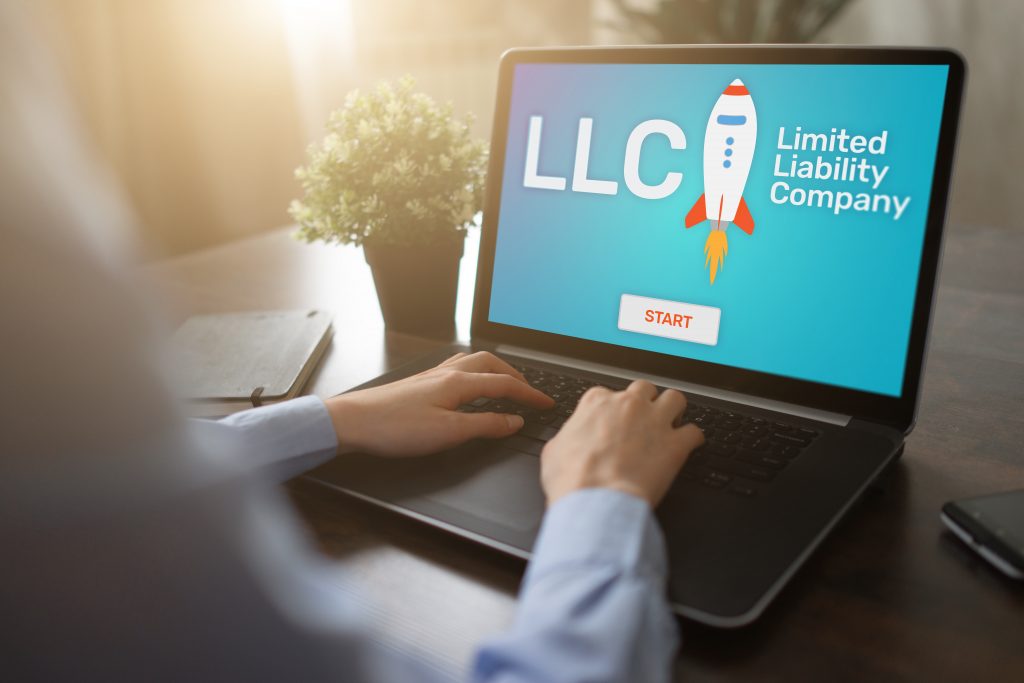 In response to the COVID-19 pandemic, the U.S. Small Business Administration (“SBA”) has agreed to disburse Emergency Economic Injury Grants of up to $10,000 to companies experiencing financial struggles. Small business owners that apply for an Economic Injury Disaster Loan are eligible to receive the grants, which do not need to be repaid.
In response to the COVID-19 pandemic, the U.S. Small Business Administration (“SBA”) has agreed to disburse Emergency Economic Injury Grants of up to $10,000 to companies experiencing financial struggles. Small business owners that apply for an Economic Injury Disaster Loan are eligible to receive the grants, which do not need to be repaid.
The SBA’s Economic Injury Disaster Loan provides small businesses with working capital loans of up to $2 million that provide crucial economic support to businesses dealing with loss of revenue due to COVID-19.
Companies that apply for an Economic Injury Disaster Loan will be provided immediate economic relief by the $10,000 economic injury grant. Sole proprietors, landlords, vendors and self-employed contractors are all considered small businesses eligible to apply for the disaster loan.
 Business Lawyers Blog
Business Lawyers Blog









